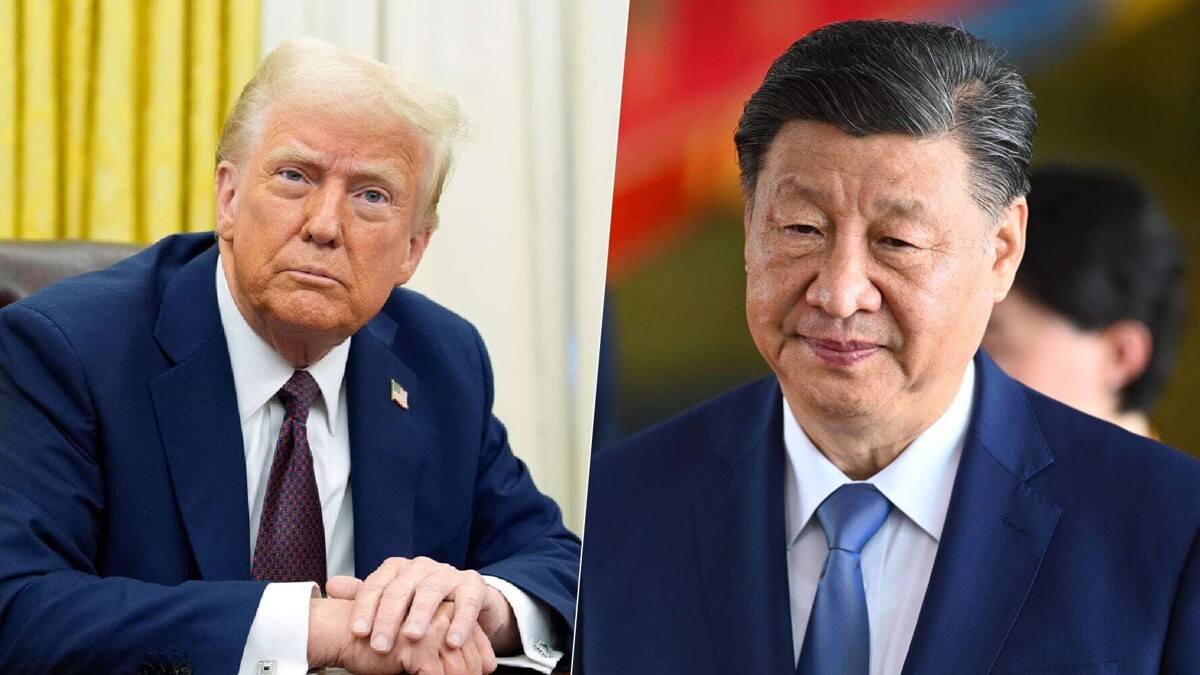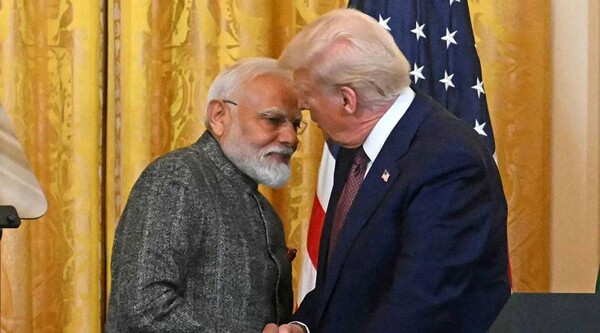
On his second day in office, President Trump threatened to impose a 10 percent tariff on China starting February 1, accusing the country of allowing fentanyl to enter the United States. Although Trump's stance is volatile, experts argue that trade policy toward China could be on the negotiation table.
The Australian dollar rose by 0.4 percent in reaction to the U.S. president's statements. However, caution is urged in interpreting the comments, as they could be a prelude to negotiations rather than a concrete action of massive tariff imposition.
Asian stocks rose, led by Chinese stocks, following Trump's remarks suggesting a possible easing of the tariff stance on China. The dollar weakened, and the yuan gained ground both in domestic and foreign markets.
During a television interview, Trump expressed his reluctance to impose tariffs on China, pointing out that they have significant power over the Asian country, which avoids tariffs. Despite his historical proposal for a 60 percent tariff, the president acknowledged his good relationship with Chinese leader Xi Jinping.
While it is difficult to foresee a change in Trump's tariff threats, the situation seems far from triggering the worst fears regarding U.S. tariffs. Observers highlight China's ambition in this scenario.














